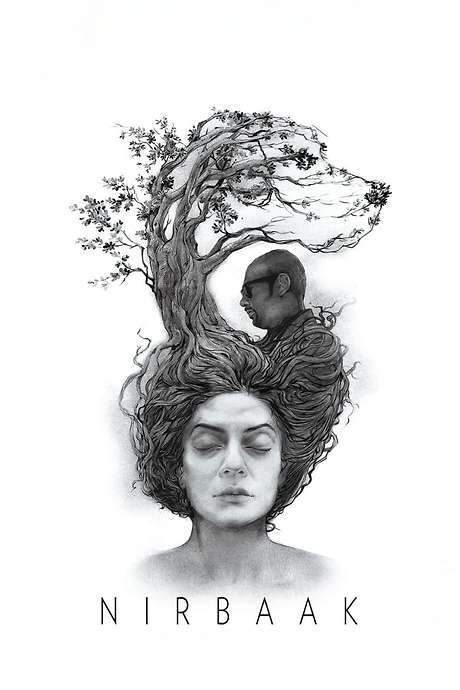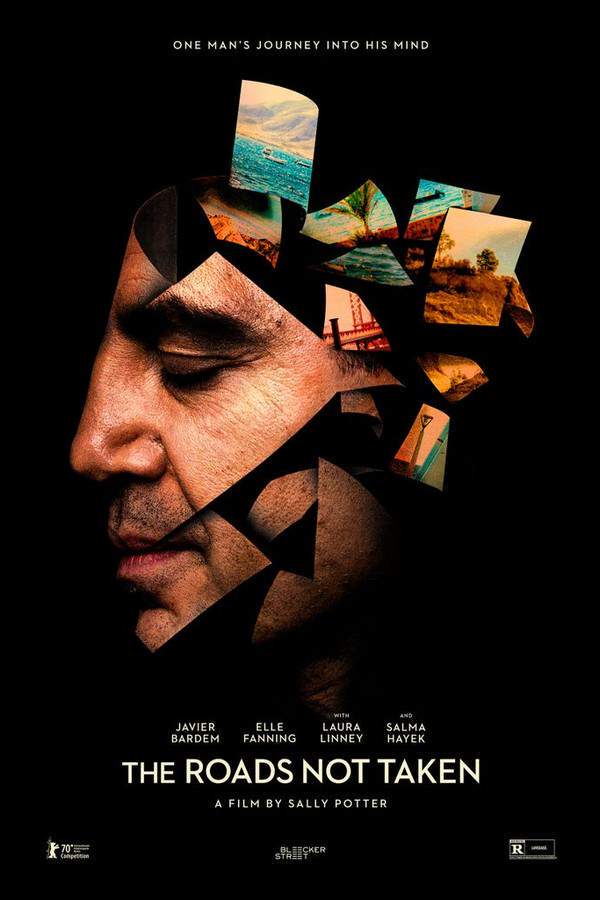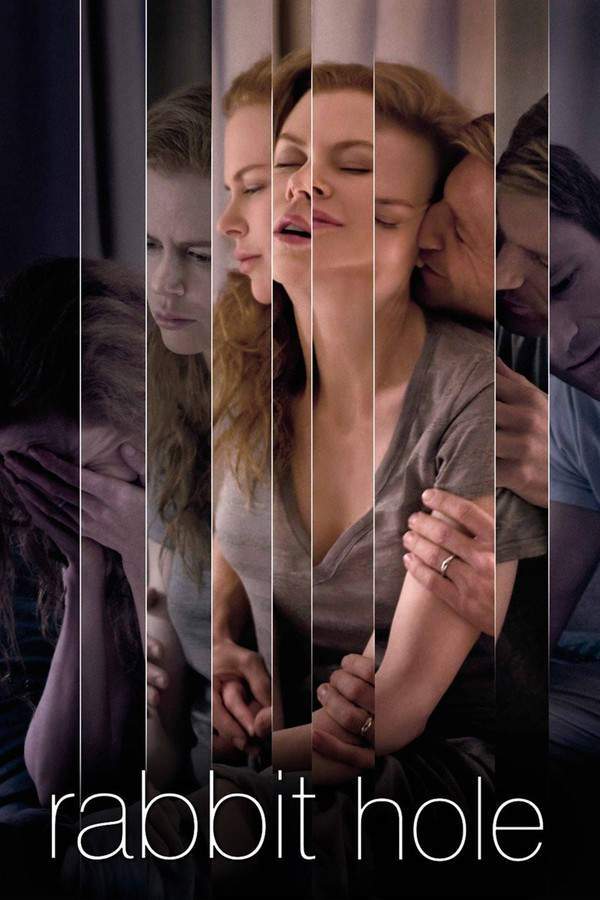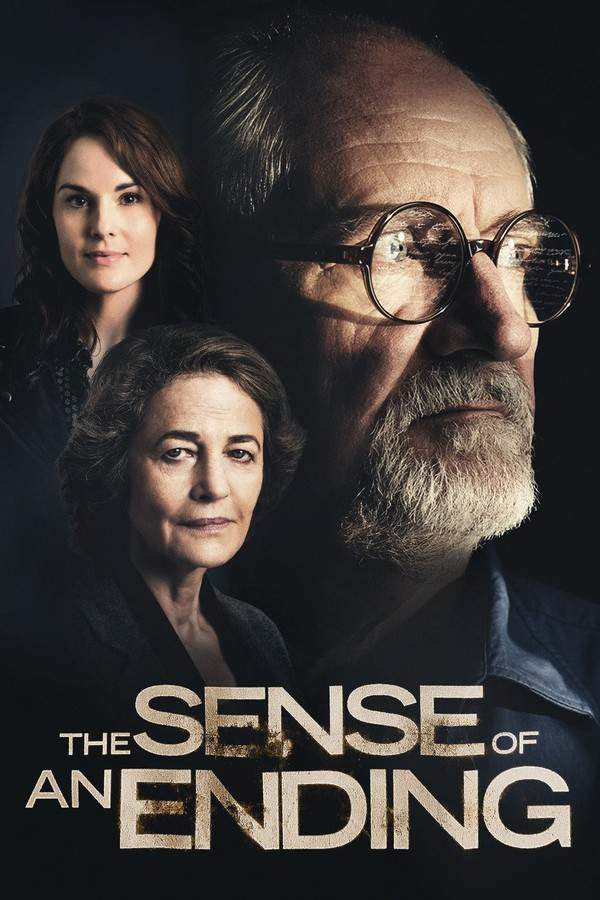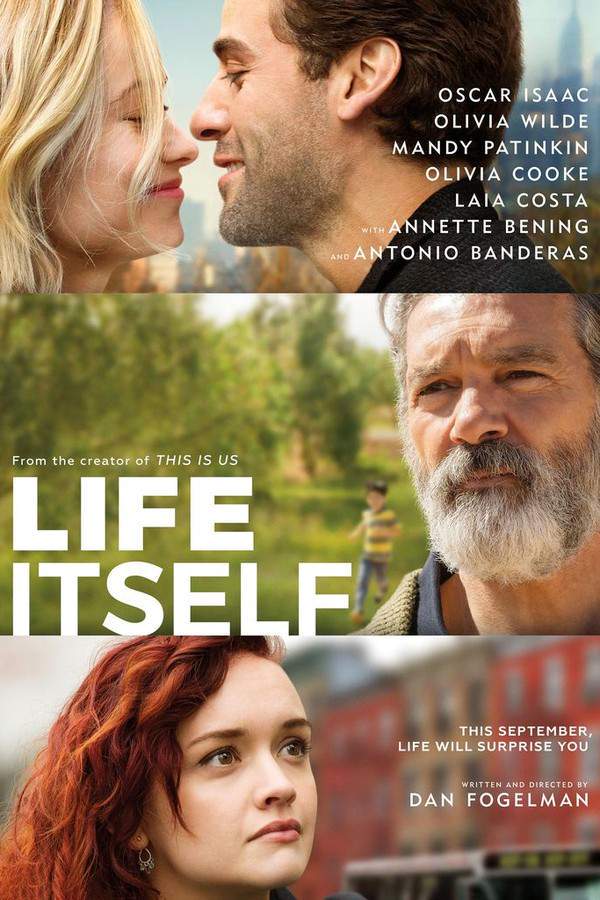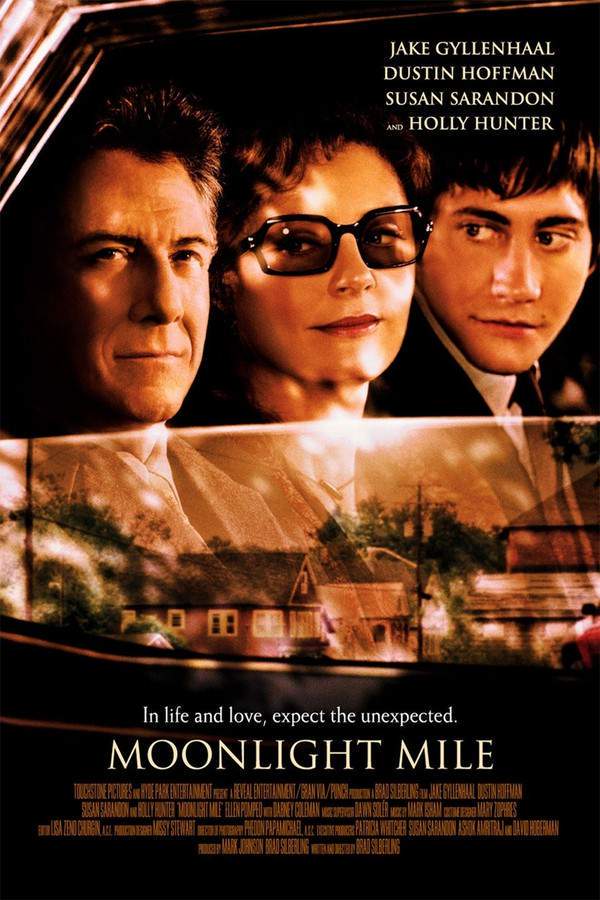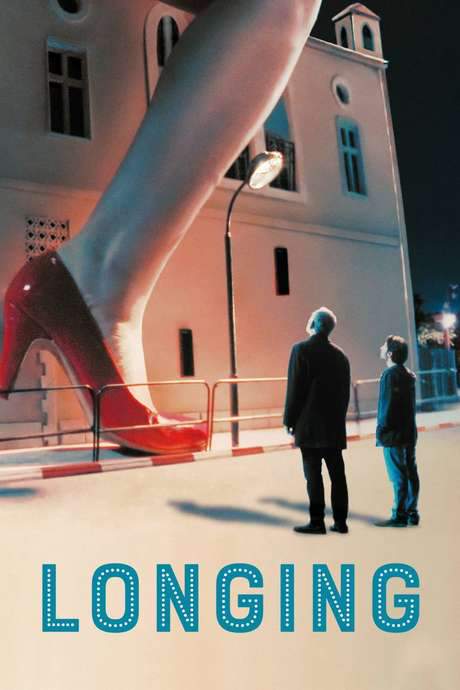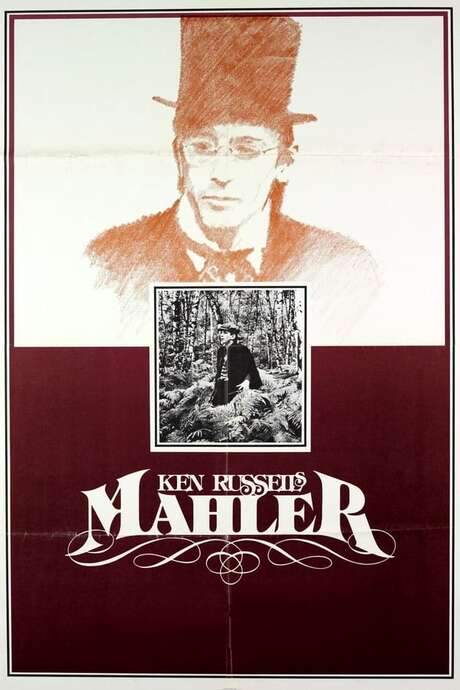
Mahler
Year: 1974
Runtime: 115 mins
Language: English
Director: Ken Russell
Through striking cinematography, the film becomes an electrifying visual odyssey that immerses the viewer in musical madness and a savage romance. As he journeys by train, famed composer Gustav Mahler confronts the tragedies of his past, the disintegration of his marriage, and the inner turmoil that shapes his art.
Warning: spoilers below!
Haven’t seen Mahler yet? This summary contains major spoilers. Bookmark the page, watch the movie, and come back for the full breakdown. If you're ready, scroll on and relive the story!
Mahler (1974) – Full Plot Summary & Ending Explained
Read the complete plot breakdown of Mahler (1974), including all key story events, major twists, and the ending explained in detail. Discover what really happened—and what it all means.
The film follows Gustav Mahler Robert Powell and his wife Alma Mahler Georgina Hale as they travel back to Europe from the United States, aboard a train bound for Vienna. The crowds greet them at every station, but Mahler shuts out the speeches and bouquets, urging Alma to draw the blinds. Instead, the journey becomes a moving gallery of memories and visions, with each station and carriage stop sparking a new scene from the past or a projection of the future. On board, Alma’s lover Max [Richard Morant] appears, pressing Alma to leave Mahler at a couple of stops before Vienna.
In a lakeside memory, a small hut serves as a makeshift studio where Mahler tries to compose while Alma rounds the lake, quieting animals and people and sharing beers to hush the world. A woman who swaps compartments with the couple notes that his newly written Ninth Symphony is about death, a thought that unsettles him. A doctor on the train tends to him after a heart attack, and he is revived, but the vision that follows shows him alive in a windowed coffin while Alma and Max ignore him as they carry on and eventually cremate him.
Other memories unfold: a visit to the Emperor of Austria about a music-director job, only to reveal that the scene is a delirious fantasy in which Hugo Wolf [David Collings] imagines himself as the Emperor, set in an asylum. In another episode, Alma longs to compose and Mahler’s lead singer performs a song of hers, but Mahler insists her true role is wife and mother, warning that composition is too stressful; he cites a mad friend and his brother’s suicide as cautionary tales, and Alma sadly buries her song in the woods.
Mahler’s conversion to Catholicism appears as a surreal baptism of fire on a mountaintop, presided over by Cosima Wagner [Antonia Ellis], whose influence in the music world is depicted through stark, provocative imagery—goose-stepping, a Prussian helmet, and a cross-embellished bathing suit with a swastika on the rear—reflecting the era’s dark currents.
In a final flashback, Alma is deeply upset when Mahler writes the song cycle Kindertotenlieder (Songs on the Death of Children). This memory is tied to the later real life tragedy, adding emotional weight to their dynamic. The on-train doctor, Doctor Roth [George Coulouris], confirms that Mahler appears to be in excellent health. Mahler tells Alma she must decide whether to stay with him or leave with Max at the next stop; he declares that all his music is for her, even claiming that the second theme of his Sixth Symphony is her. They kiss, and Max departs, while Alma stays aboard.
They arrive in Vienna, where the regular doctor informs them that Mahler is gravely ill with only a week or two to live. The train doctor relays the grim prognosis, but Mahler chooses a defiant optimism, insisting that he and Alma will live forever. With that resolve, they step into the station together, facing a future that art and memory keep alive despite time.
Last Updated: October 09, 2025 at 09:28
Explore Movie Threads
Discover curated groups of movies connected by mood, themes, and story style. Browse collections built around emotion, atmosphere, and narrative focus to easily find films that match what you feel like watching right now.
Surreal artist biographies like Mahler
Films that blur memory, fantasy, and reality to explore a creator's inner turmoil.Find other movies like Mahler that explore the lives of creators through a surreal and psychologically intense lens. This thread gathers films where artistic genius is intertwined with personal turmoil, presented with dreamlike visuals and complex, non-linear narratives.
Narrative Summary
The narrative pattern follows the life of a creative figure, eschewing conventional chronology in favor of a stream-of-consciousness journey. The story weaves together key memories, existential fears, and symbolic fantasies, often triggered by a present-moment catalyst like a journey or illness, to paint a portrait of the artist's soul.
Why These Movies?
Movies in this thread share a focus on the creative process as a form of madness or salvation, a melancholic and heavy tone, and a complex structure that mirrors the fractured nature of memory and inspiration. The visual style is often striking and symbolic.
Journeys of memory like in Mahler
Stories where a physical voyage prompts a heavy reckoning with love, loss, and legacy.If you liked Mahler's train journey through a life of music and regret, explore this thread of movies with similar bittersweet voyages. These stories use travel as a framework for characters to reflect on love, legacy, and mortality, leading to emotionally heavy and reflective conclusions.
Narrative Summary
The narrative is structured around a journey in the present that acts as a framing device for flashbacks and reflections. The central conflict is internal, as the protagonist grapples with the pain and beauty of their memories, culminating in a climax of self-acceptance that is both sad and strangely hopeful.
Why These Movies?
This thread groups films that share a specific narrative structure (journey-as-memory-trigger), a bittersweet emotional arc, and a heavy, reflective mood. The pacing is often variable, shifting between the calm of travel and the emotional intensity of recalled moments.
Unlock the Full Story of Mahler
Don't stop at just watching — explore Mahler in full detail. From the complete plot summary and scene-by-scene timeline to character breakdowns, thematic analysis, and a deep dive into the ending — every page helps you truly understand what Mahler is all about. Plus, discover what's next after the movie.
Mahler Timeline
Track the full timeline of Mahler with every major event arranged chronologically. Perfect for decoding non-linear storytelling, flashbacks, or parallel narratives with a clear scene-by-scene breakdown.

Characters, Settings & Themes in Mahler
Discover the characters, locations, and core themes that shape Mahler. Get insights into symbolic elements, setting significance, and deeper narrative meaning — ideal for thematic analysis and movie breakdowns.

Mahler Spoiler-Free Summary
Get a quick, spoiler-free overview of Mahler that covers the main plot points and key details without revealing any major twists or spoilers. Perfect for those who want to know what to expect before diving in.

More About Mahler
Visit What's After the Movie to explore more about Mahler: box office results, cast and crew info, production details, post-credit scenes, and external links — all in one place for movie fans and researchers.


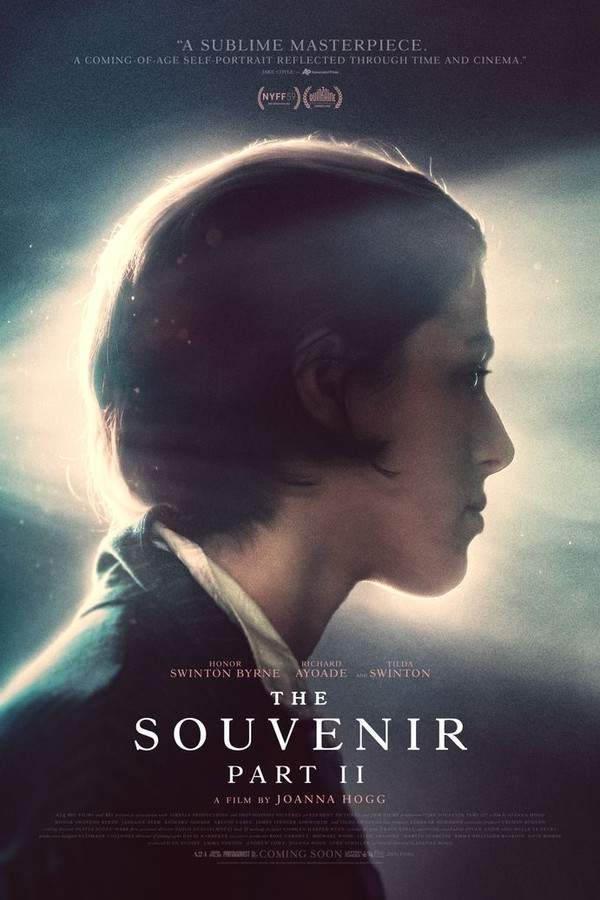
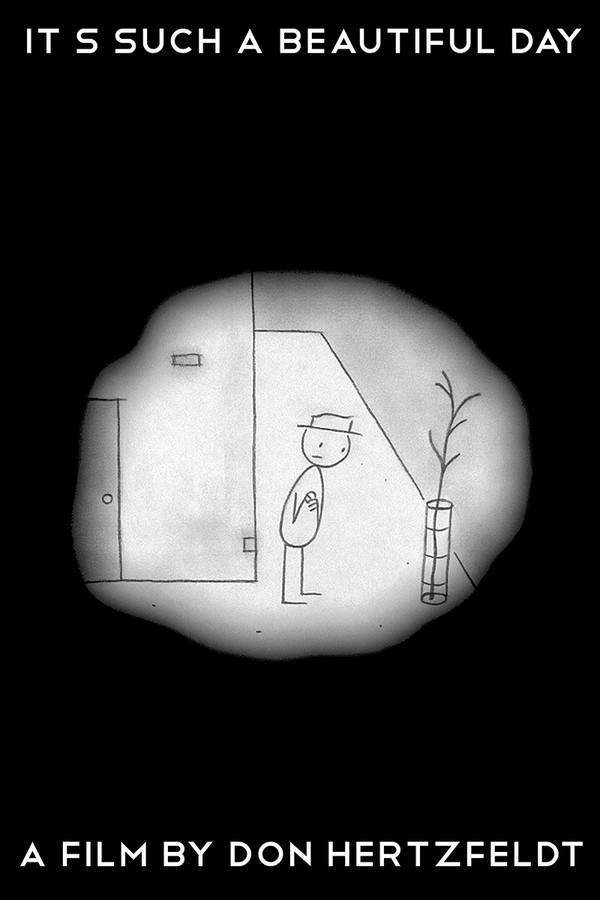
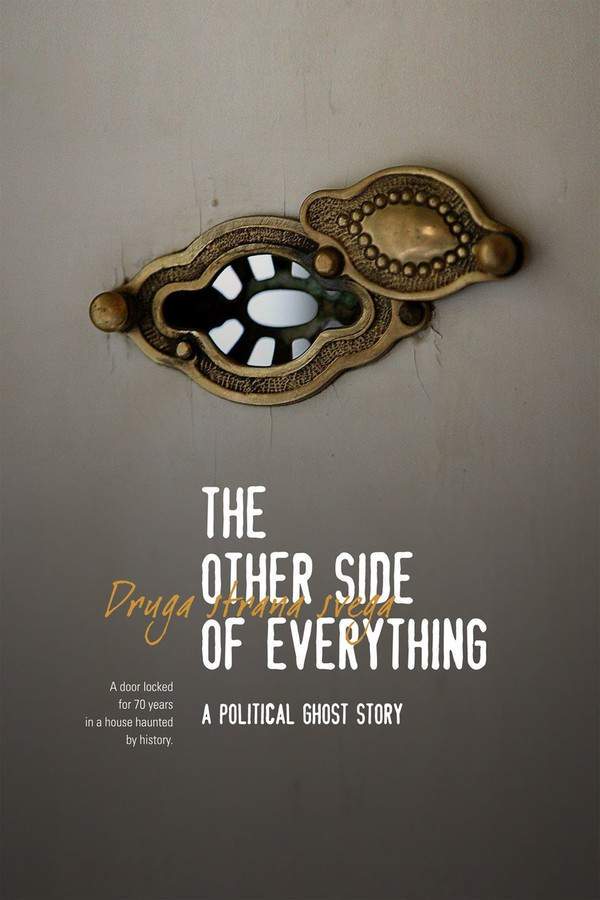

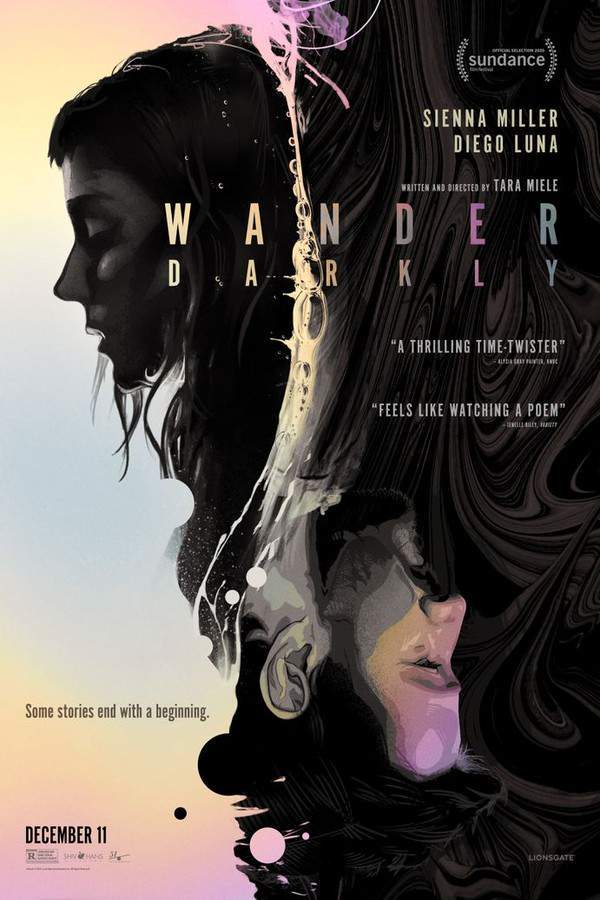

-HOGtBZMKH4I3HQ.jpg)
